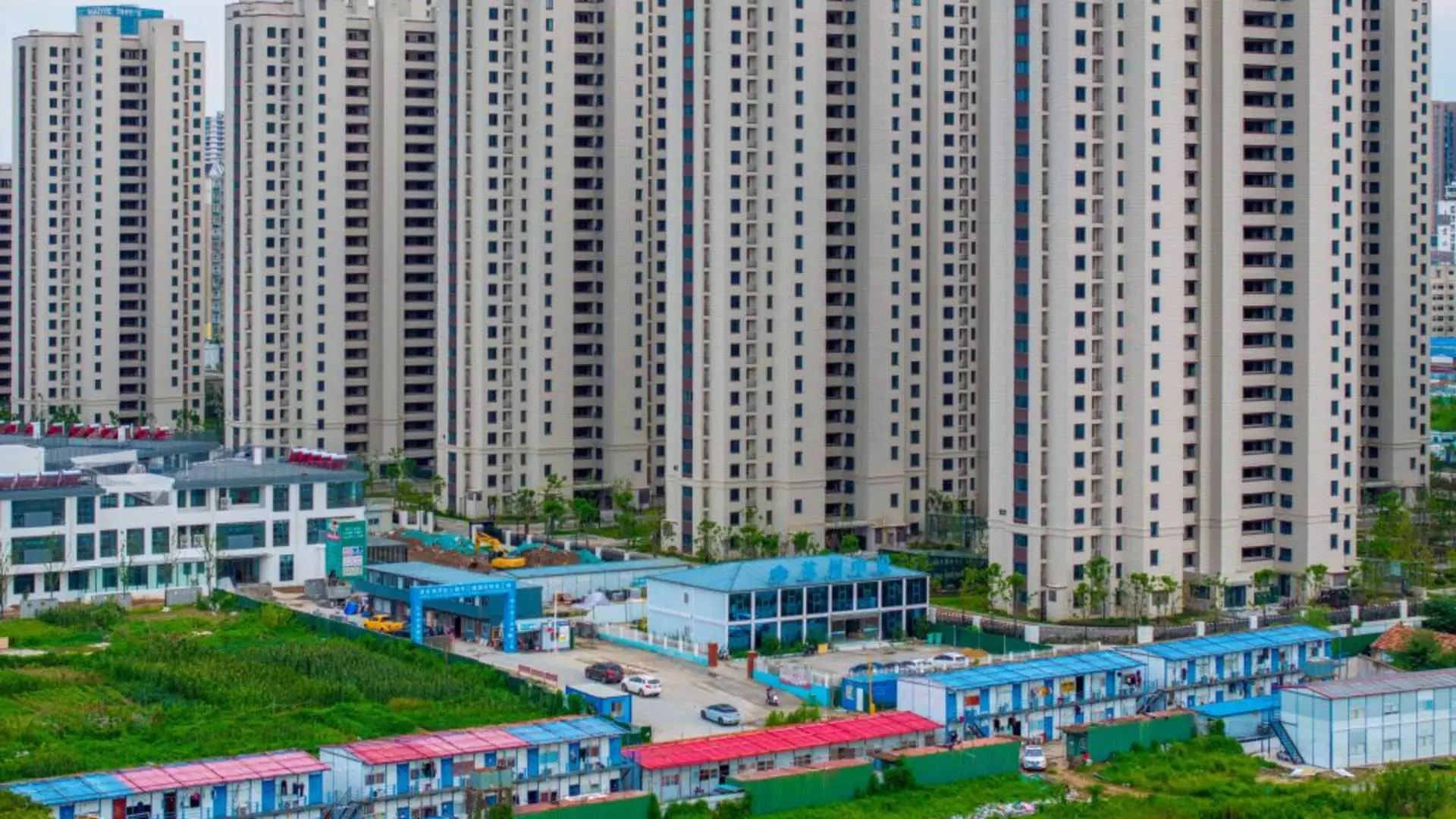In light of the increasing trade tensions globally, top Chinese officials have reiterated the importance of focusing on internal affairs to ensure the stability and progress of the national economy. Han Wenxiu, deputy director at the Chinese Communist Party’s central committee office for financial and economic affairs, emphasized the need for concentrating on three key areas: the real estate market, emerging industries, and expanding domestic demand, particularly consumption. This reaffirmation of prioritizing internal development echoes Chinese President Xi Jinping’s call to “do your own thing well” and concentrate on domestic affairs despite external challenges.
The recent escalation of trade tensions between the U.S. and China, under former U.S. President Donald Trump and the ongoing threats of tariffs, has added to the economic uncertainties faced by China. The Biden administration’s decision to increase tariffs on Chinese electric cars and the European Union’s announcement of raising tariffs on Chinese-made electric cars further exacerbate the situation. While the Third Plenum’s resolutions have not been fully disclosed, the emphasis on boosting domestic technology and achieving economic targets indicates a proactive stance in the face of external pressure.
After decades of rapid economic growth, China is currently experiencing a slowdown, with GDP growth falling short of expectations in the second quarter. The real estate sector’s impact on the economy, along with subdued consumption, has posed challenges that require stronger macroeconomic policies. The drop in real estate investment and sales reflects the need for strategies to absorb existing housing inventory and stimulate new construction. Han acknowledged the systemic impact of the real estate sector on the economy and called for more effective macro policies to address the challenges faced by China’s economy.
China’s long-standing policy of “reform and opening up” has played a significant role in shaping its economy over the past four decades. This approach, which gradually opened up the economy to foreign and private investment, has led to substantial economic growth. However, with the current economic challenges and external uncertainties, China is looking to deepen reforms and further open up to bolster its economy. The emphasis on integrating urban and rural development and improving the macroeconomic governance system reflects a commitment to overcoming obstacles and ensuring effective implementation of policies.
China’s economy is facing a pivotal moment amid rising trade tensions and internal challenges. The focus on internal affairs, strategic policy responses, and commitment to reform and opening up demonstrate the resilience and determination of China to navigate through uncertainties and achieve sustainable economic growth. By prioritizing internal development, addressing economic slowdowns, and embracing reforms, China aims to position itself for long-term prosperity despite the ever-changing global economic landscape.

